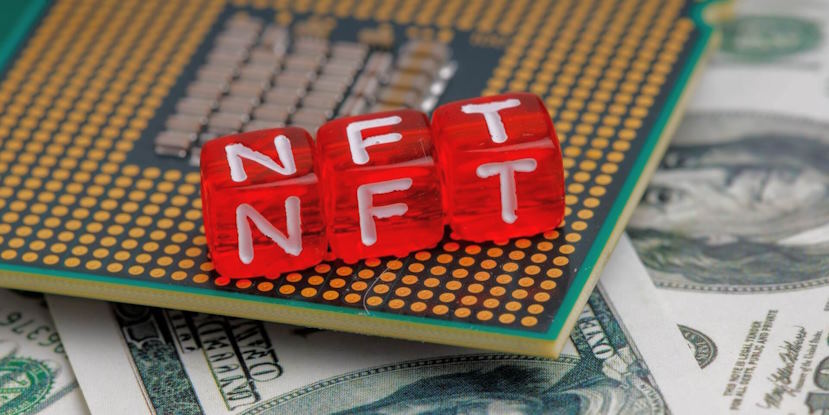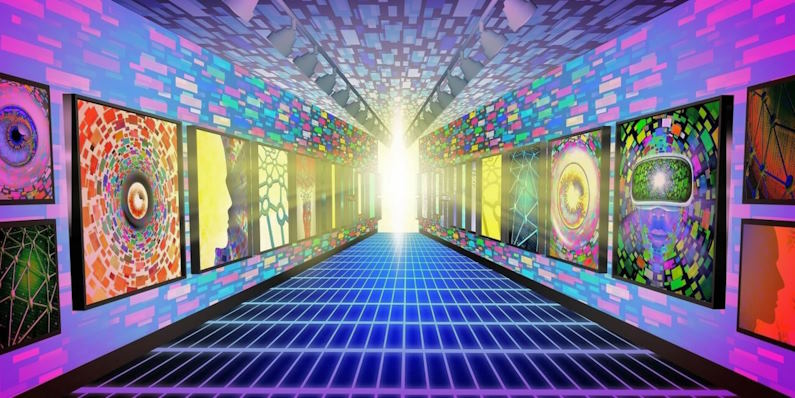In recent years, the art and creative content world has experienced a remarkable transformation thanks to Non-Fungible Tokens. These digital assets provide a unique opportunity for artists, musicians, writers, and content creators to monetize their creativity in ways previously unimaginable.
Understanding NFTs
NFTs, or Non-Fungible Tokens, are cryptographic tokens representing ownership of a specific digital or physical item. Unlike cryptocurrencies like Bitcoin or Ethereum, NFTs are indivisible and unique. Each NFT is distinguishable from all others, making it the perfect medium for representing one-of-a-kind digital assets.
How NFTs Work
- The process of monetizing creativity with NFTs typically begins with creating a digital work of art, music, video, or any other digital content. Creators mint an NFT, transforming their work into a unique digital asset.
- NFTs are secured by blockchain technology, which provides an immutable ledger of ownership and provenance. Artists can easily prove the authenticity of their work and provide a transparent record of ownership.
- Smart contracts embedded in NFTs can dictate various conditions, including royalty fees. For example, artists can earn a percentage of the sale price each time their NFT changes hands, ensuring ongoing compensation for their creativity.
Ways to Monetize Creativity with NFTs
Selling NFT Art
Digital artists can sell their works directly to collectors on NFT marketplaces like OpenSea, Rarible, or SuperRare. These sales can be a significant source of income, particularly if the artist has a strong following.
Royalties
NFTs with smart contracts can automatically pay artists a percentage of each resale, providing ongoing income as the artwork appreciates.
Tokenized Collectibles
Artists can create limited-edition or one-of-a-kind collectibles as NFTs. Collectors are often willing to pay a premium for exclusive, tokenized content.
Merchandise and Virtual Goods
Beyond traditional art, NFTs can represent virtual items in video games, virtual worlds, or digital merchandise, creating new revenue streams for content creators.
Music and Audio NFTs
Musicians can sell exclusive tracks, albums, or concert tickets as NFTs. This approach empowers them to reach a global audience directly.
Challenges and Considerations
While NFTs present exciting opportunities for monetizing creativity, several challenges and considerations should be taken into account:
- Artists must understand copyright laws and ensure they have the legal right to mint and sell NFTs of their work.
- The NFT market can be volatile, and the value of NFTs may fluctuate. Creators should be prepared for market dynamics.
- The energy consumption of blockchain networks used for NFTs has raised environmental concerns. The industry is actively exploring eco-friendly solutions.



